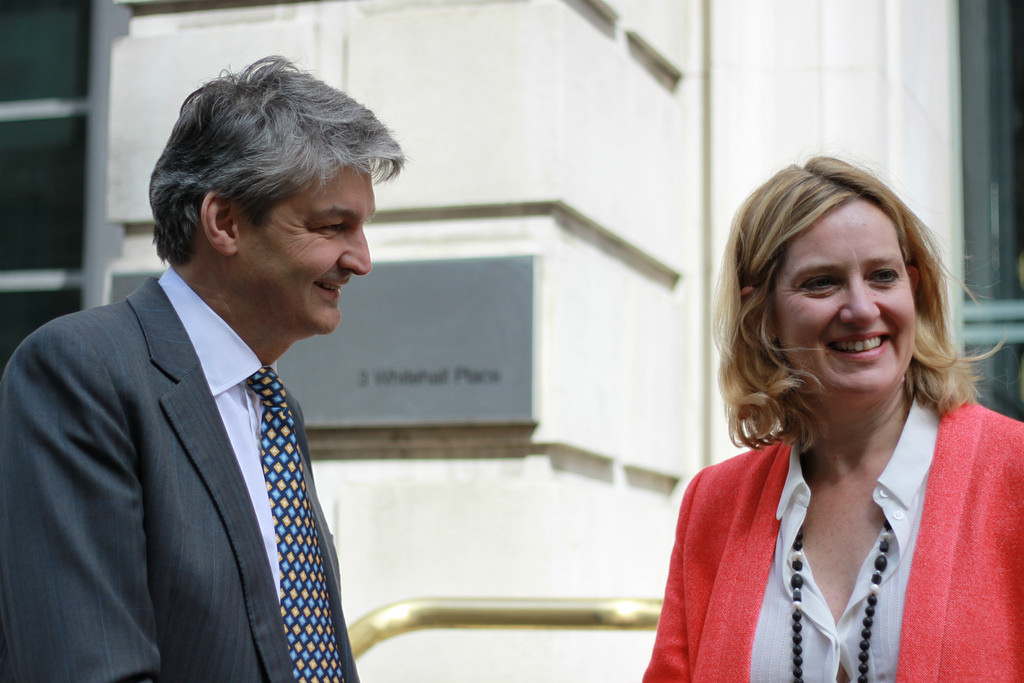The number of domestic applications under the Renewable Heat Incentive (RHI) has dropped considerably in the last year as the industry waits for a decision on the future of the scheme.
According to the latest figures published by the Department of Energy and Climate Change (DECC), 825 applications were received in October 2015, down from the 4,071 recorded in the same month the previous year, which received the highest number of applications in 2014.
The number of monthly applications also showed a decrease of over 500 from September 2015. This reduction was most notable among biomass systems, which fell from 548 in September to just 51. This decrease coincided with a 10% reduction in the biomass tariff to 6.43p per kWh for applications made after 1 October 2015, and marked a significant reduction from the 2015 peak of 1,794 applications made in March.
The non-domestic RHI showed a small annual increase in the year to October (170 applications up from 105) but was less than half those recorded in September 2015.
The total number of applications under the non-domestic RHI has now reached over 14,500 since its launch in November 2011, while the domestic scheme has received more than 46,500 since it was made available in April last year.
The future of the scheme has remained unclear after months of cuts to renewable energy policy. However, following a leaked email to senior officials claiming the UK was not on track to meet its 2020 renewable targets – with heat one of two more problematic areas – energy secretary Amber Rudd expressed her desire to improve the country’s progress on heat. Answering questions yesterday in the House of Commons, Rudd confirmed that proposals to continue the RHI had been put forward to chancellor George Osborne ahead of the upcoming spending review.
Rudd said the proposals would be considered by the chancellor however no time frame was attached to a potential decision. While next week’s spending review will outline broad departmental spending for the months ahead, it is unlikely that the specifics of such a scheme would be unveiled on the day.
Voices from the renewable heat industry have called for the scheme to continue, with uncertainty over its future causing delays to investment decisions. James Court, head of policy and external affairs at the Renewable Energy Association, said Amber Rudd’s speech earlier this week had given “no comfort to companies and investors wanting to bring down costs for renewable technologies, and leaves the whole renewable heat industry in limbo as they still wait to find out if RHI has a future.”
By David Pratt.






